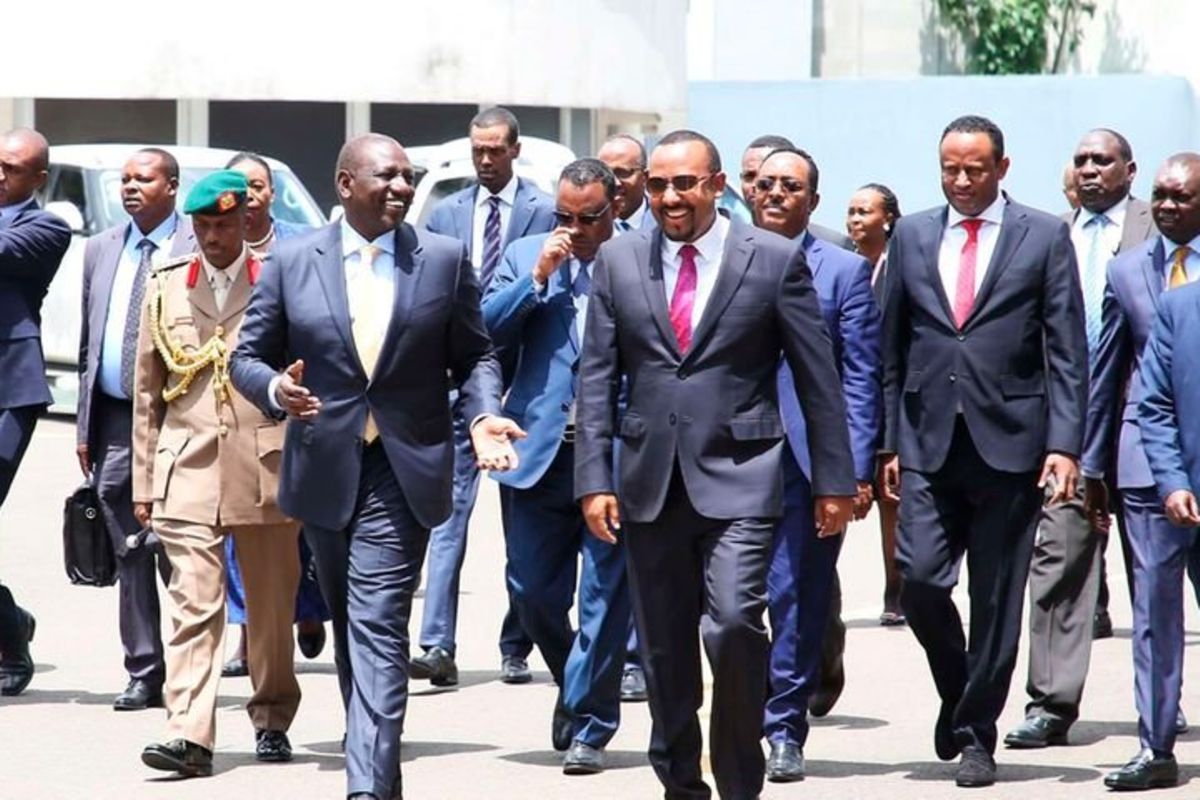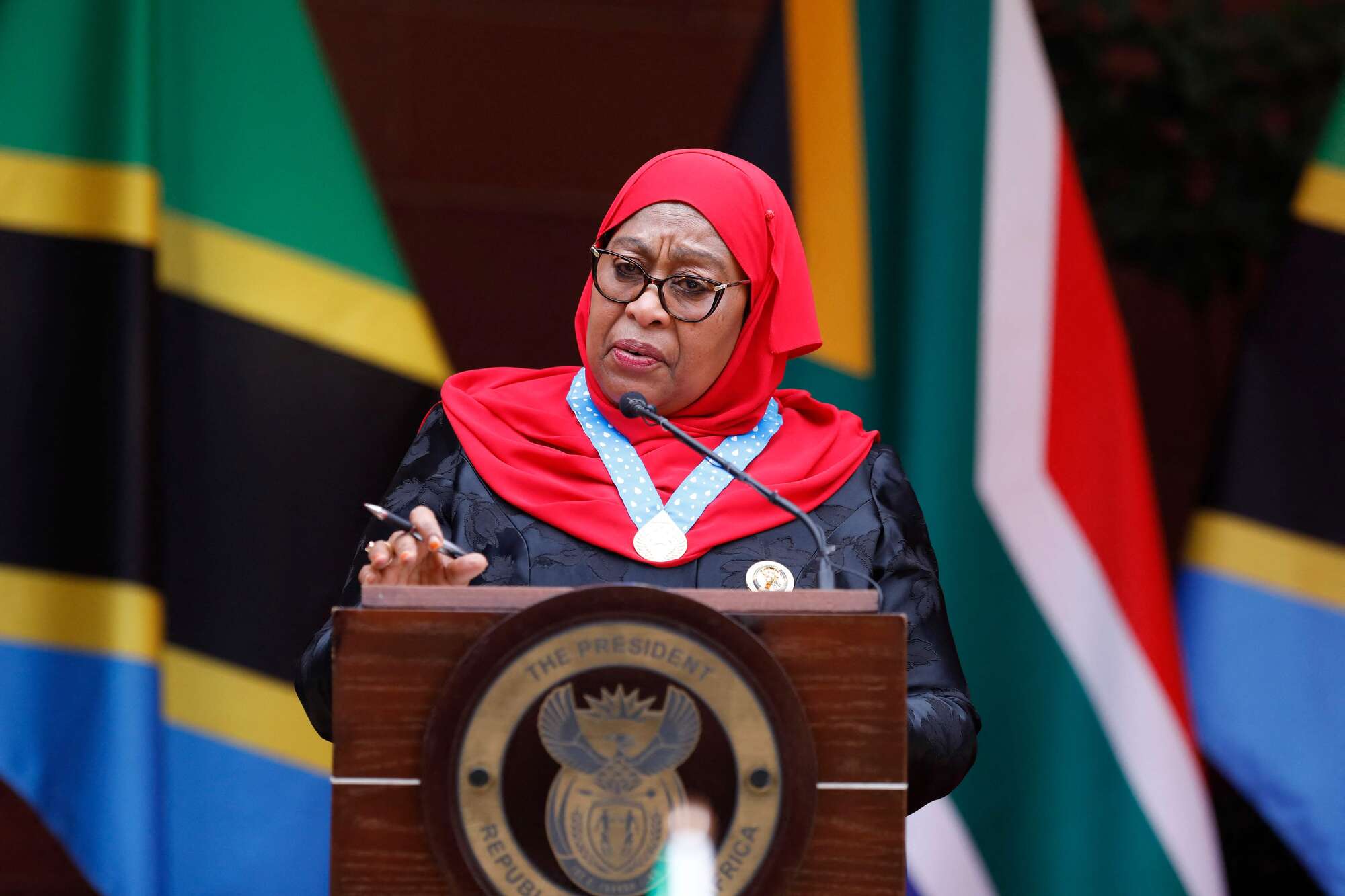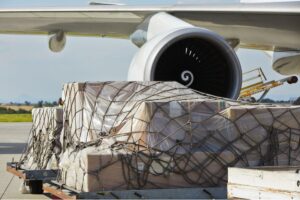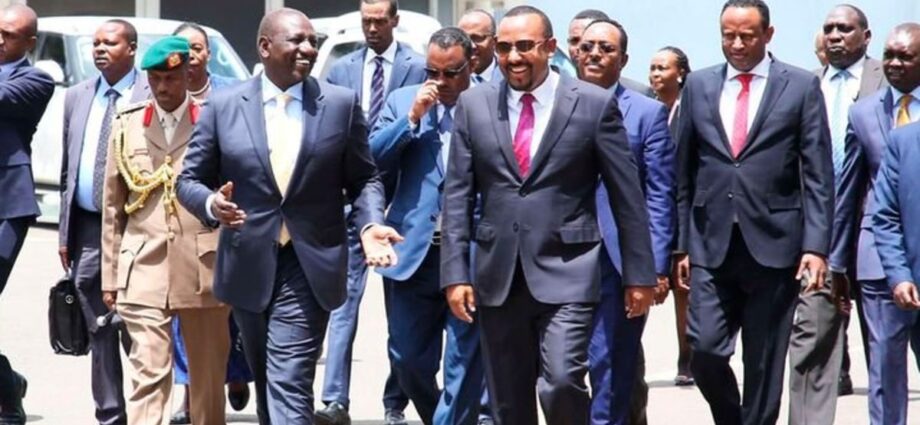
We work with several writers and creatives across East Africa. One of the things that have totally changed the way we work is, of all things, Safaricom’s M-Pesa Global.
When you need to make a quick payment, you log into the app, pick the East African country—at present, it is confined to Kenya, Rwanda, Tanzania and Rwanda—where the person you want to send money to is located, enter the number and, two steps later, the money is off.
In its early days, M-Pesa Global was a little primitive; you couldn’t see to whom you were sending the money.
In recent times, there has been an evolution, so you know the name of the person and the recipient before you hit the send button.
It’s a small but revolutionary upgrade, suggesting a new level of the interface in the user databases of regional telcos. All this has happened without a major report on the development in any of the leading regional media.
When, quietly, Burundi, South Sudan and now, Ethiopia, where Safaricom recently spread its tentacles, get on board, then it will be game over. Safaricom’s morphing into East Africa’s unofficial digital clearing bank will be but complete.
The fact that Burundi and South Sudan aren’t in M-Pesa Global is, however, not the kind of barrier you would think it is.
Early last year, we worked with some good people in Bujumbura and we asked about how the banks there work so we could pay them. They asked not to be bothered but to send the money by M-Pesa.
“But there is no M-Pesa in Burundi,” one of us said.
“There isn’t, but then again, there is,” their interlocutor said. “We will give you a Safaricom number, you send money to it in Kenya, and the owner [we suspected her associate] here in Bujumbura will give us the equipment in Burundi francs.”
We tried it out as they were sitting with the associate in Bujumbura and, in less than five minutes, the fellows had pocketed their money. I suspect shrewd Kenyans must also be running such operations for South Sudan and Ethiopia.
The logic of M-Pesa Global is not too dissimilar to how we update the software on our mobile phones, desktops and laptops from the Apple or Android app store.
Effectively, it enables you to buy a “new” device, regardless of location.
If you owned a Tesla car in Nairobi, you could do the same thing overnight and wake up in the morning to drive the same car but it behaves very differently from the one you parked and plugged in for a software upgrade the previous evening.
Future services
Again, you essentially buy a new car without crossing borders. Clearly, with advances in computing, artificial intelligence and automation, this will be how many future services and products are bought.
An intriguing article in New Atlas says a similar disruption is coming to energy. It wrote about a New Zealand company, Emrod, which says it has developed the “technology to enable efficient wireless energy transfer from orbit.
It proposes a global wireless energy matrix that would instantly beam renewable energy via satellite between any two points on earth.
“Emrod has just demonstrated its wireless power-beaming technology to Airbus and the European Space Agency (ESA) as part of the ESA’s new push toward 24-hours-a-day space-based solar power.
The idea of space-based solar is not new. The problem has always been size; you’d need transmitters and receivers about 2 km (1.2 miles) in diameter to shift a couple of gigawatts of energy down to Earth from a geostationary orbit some 36,000km (22,370 miles) away. Building an array that size on Earth would be a huge challenge. Building one in Space? Yikes.
“Emrod says its near-field energy beams could get the job done much more efficiently than competing technologies…by setting up a global wireless energy matrix capable of beaming power instantaneously around the planet, using lower-orbiting satellites that could be significantly smaller. You’d get 24-hour renewable energy, anywhere, out of low-cost solar assets right here on Earth.”
What that means is, you can be in Nairobi or Dar es Salaam and buy the electricity to power your home from Wellington.
There are dozens of preoccupations in our daily lives that, within the next five to 10 years, could be tended to this way.
It’s already happening in education and has been accelerated by the wave of remote learning that was propelled by the Covid-19 lockdown. It’s happening in medicine with hospital automation.
It would, of course, mean we would decouple from the state in a big way. Imagine if you didn’t have to get the light to your home through Kenya Power but, at a quarter the cost, you can get it from a far corner of the world via a click on your phone. Why would you vote for a candidate who promises to bring electricity to your area at twice the cost?
We will have to reimagine borders and politics. Expect them to fight back hard, for sure.
Mr Onyango-Obbo is a journalist, writer, and curator of the “Wall of Great Africans”. @cobbo3
Share this news
This Year’s Most Read News Stories

President Samia takes on Tanzania’s web of corruption
The President takes on the web of corruption in the Tanzanian government and quasi-government institutions flagged by the newest report by Controller & Auditor-General Charles Kichere. Continue Reading

Zanzibar airport monopoly puts 600 jobs at risk
On September 14, 2022, the director general of ZAA issued a directive that gave Dnata Zanzibar Aviation Services Limited an exclusive access to the newly constructed Terminal III, barring other operators.Continue Reading

Dissecting the role of the insurance ombudsman in Tanzania
The basic purpose of an insurance plan is to provide financial security to you and your family in case of your misfortunes during the policy tenure.Continue Reading











